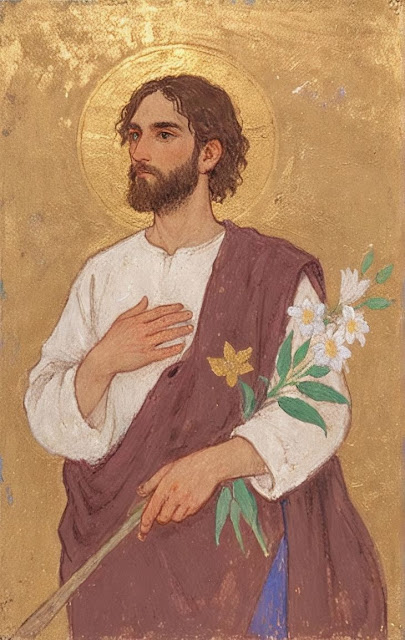
"Yea, verily I say unto you,
if ye will come unto me
ye shall have eternal life.
Behold, mine arm of mercy is extended towards you,
and whosoever will come,
him will I receive;
and blessed are those who come unto me."
"Come unto me, all ye that labour and are heavy laden,
and I will give you rest.
Take my yoke upon you,
and learn of me;
for I am meek and lowly in heart:
and ye shall find rest unto your souls.
For my yoke is easy,
and my burden is light."
Matthew 11: 28-29

"Behold, I say unto you,
that the good shepherd doth call you;
yea, and in his own name he doth call you,
which is the name of Christ;
and if ye will not hearken unto
the voice of the good shepherd,
to the name by which ye are called,
behold, ye are not the sheep of the good shepherd."
"And now I say unto you that
the good shepherd doth call after you;
and if you will hearken unto his voice
he will bring you into his fold,
and ye are his sheep;
and he commandeth you that ye suffer
no ravenous wolf to enter among you,
that ye may not be destroyed."
Alma 5: 38, 60
Softly and Tenderly
Softly and tenderly Jesus is calling,
Calling for you and for me;
See, on the portals He’s waiting and watching,
Watching for you and for me.
Come home, come home,Ye who are weary, come home;
Earnestly, tenderly, Jesus is calling,Calling,
O sinner, come home!
Why should we tarry when Jesus is pleading,
Pleading for you and for me?
Why should we linger and heed not His mercies,
Mercies for you and for me?
Come home, come home,
Ye who are weary, come home;
Earnestly, tenderly, Jesus is calling,
Calling, O sinner, come home!
O for the wonderful love He has promised,
Promised for you and for me!
Though we have sinned,
He has mercy and pardon,
Pardon for you and for me.
Come home, come home,
Ye who are weary, come home;
Earnestly, tenderly, Jesus is calling,
Calling, O sinner, come home!
Earnestly, tenderly,
Jesus is calling,
Calling, O sinner, come home, come home, come home,
Come home!
Principles
The Lord lovingly calls us to return to Him.
Jesus Christ invites us to repent and receive His mercy and forgiveness.
Because the Lord offers His abundant love and mercy, there is no need for us to delay our repentance.
Hymn writer Will L. Thompson was a prolific composer
who wrote in a wide variety of styles.
Thompson always carried a notebook with him.
He said: “If an idea or theme comes to me …
I jot it down in verse. …
As I write the words of a song,
a fitting melody is already in my mind.”
A devout member of his local Presbyterian church in Ohio, USA,
he donated generously to help build a new chapel.
Even while he was abroad near the end of his life,
he would write back to hear about progress
on the new church that he loved so much.
“Softly and Tenderly Jesus Is Calling”
is one of his most well-known and beloved sacred songs.
Some of his other hymns include
“Have I Done Any Good?” and
“Put Your Shoulder to the Wheel.”
The hymn draws from the parable of the prodigal son,
reminding us that we too have sinned (see Romans 3:23)
and that we too have a merciful Savior
who is calling us to repent and come home.
The hymn urges us not to “tarry” and “linger,”
but to partake of the
Savior’s love, mercy, and forgiveness.
“Softly and Tenderly,” which was originally known as
“Softly and Tenderly Jesus is Calling,”
is a classic invitation hymn from the 19th century.
It was written by
Will Lamartine Thompson (1847-1909)
who was a composer of gospel, secular, and patriotic songs.
Due to his earlier songs being rejected,
Thompson formed his own music publishing company and
“Softly and Tenderly” was first published in a collection titled
'Sparkling Gems', Nos. 1 and 2.
It quickly became a popular hymn
and was incorporated into many church hymnals.
Thompson was inspired to devote himself to writing
while attending a meeting by popular evangelist
Dwight L. Moody (1837-1899).
When Moody was dying in the hospital he told Thompson,
“Will, I would rather have written
‘Softly and Tenderly Jesus Is Calling’
than anything I have been
able to do
in my whole life.”
Softly and tenderly...
Jesus is calling you.










